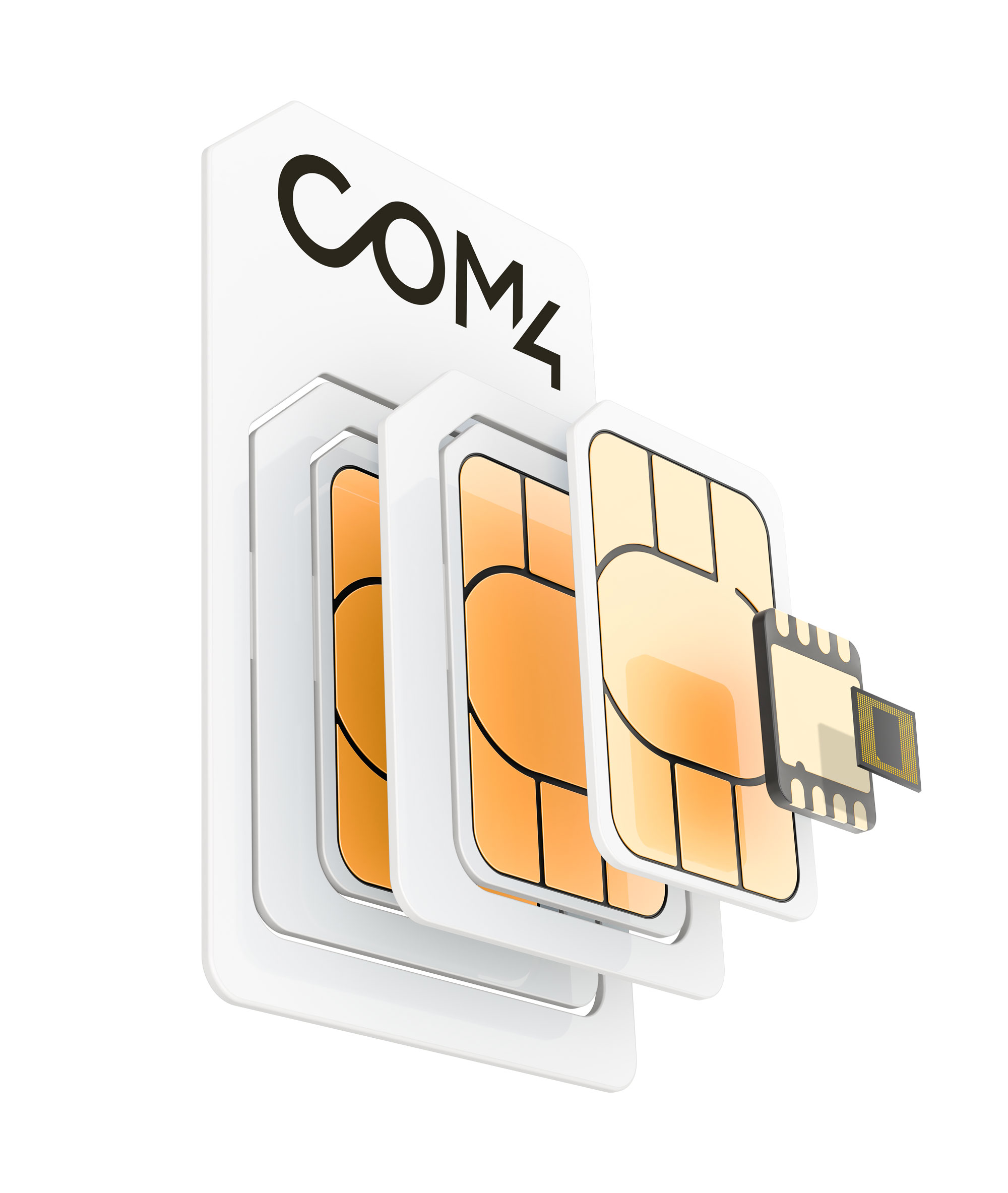However, with this increased connectivity comes the pressing need for robust security measures. One key tool in safeguarding IoT devices is the Virtual Private Network (VPN). In this article, we will explore the importance of VPNs in securing IoT devices and the potential risks associated with their unsecured connectivity.
The Global Landscape
Statistics paint a compelling picture of the growing significance of VPNs in the IoT security landscape. The global VPN market is expected to reach $78.9 billion by 2027, growing at a CAGR of 14.2%. Specifically for IoT devices, the use of VPNs is projected to grow at a CAGR of 25% over the next five years.
Gartner identifies the top three use cases for VPNs in the IoT market as smart homes, industrial IoT, and connected cars. You can also download our ultimate IoT guide for more in-depth insights.
How VPNs Safeguard IoT Connections
IoT devices, ranging from industrial sensors to smart home gadgets, often lack the built-in security features found in traditional computing devices. This vulnerability makes them attractive targets for cybercriminals looking to exploit sensitive data or compromise network integrity. VPNs along with Private APNs play a crucial role in securing these IoT connections by extending a private network to cellular-connected devices.
The fundamental working principle of a VPN involves routing internet traffic through a secure server, masking the device's true IP address and encrypting the data transmission. This not only prevents unauthorized interception of data but also adds an extra layer of security to the inherently vulnerable IoT landscape. VPNs offer various deployment options, including, pre-configured routers, customer-provided routers, cloud-based solutions, software clients, and custom configurations, providing flexibility to meet diverse IoT security needs.
Benefits of VPN for IoT Security:
- Encryption and Authentication: Most IoT devices lack built-in firewalls and antivirus software, making them susceptible to cyber threats. VPNs together with Private APNs, limit the external access to the IoT devices and encrypt data transmissions, ensuring the confidentiality and integrity of the information exchanged between devices and servers.
- Privacy: VPNs encrypt the data between IoT devices and servers, making it challenging for cybercriminals to track their activities or determine their physical locations. This adds a crucial layer of privacy to IoT operations.
- Remote Access and Management: Used together with Private APNs, VPNs enable secure remote access and management of IoT devices. This feature is particularly valuable for businesses that require efficient monitoring and control of IoT devices, even when administrators are not physically present.
- Multi-Path Protection: Leading VPN solutions, such as those offered by Com4, come with high-reliability and multi-path protection. This offloads end-to-end encryption to the network, optimizing the computational power of IoT devices.
Securing IoT Connectivity with Redundant VPNs: How Com4 Ensures Uninterrupted Operations
Redundancy is crucial for VPNs (Virtual Private Networks) because it ensures uninterrupted connectivity and data protection even in the event of hardware, software failures or planned maintenance. By employing multiple VPN connections to and from different VPN servers, organizations can safeguard their networks against downtime and disruptions.
Com4, a leading provider of IoT connectivity solutions, understands the critical importance of redundancy in the IoT landscape. The company operates two distinct core sites, each capable of handling the demanding traffic requirements of IoT devices. This dual-site architecture ensures that even if one core site experiences an outage, the other can take over, preventing any disruptions in IoT connectivity.
This redundancy is particularly critical for IoT applications that rely on real-time data transmission and continuous operation. For instance, in industrial settings, redundancy ensures that critical machinery and equipment remain connected and operational, preventing costly production delays. Similarly, in smart cities, redundant VPN connections can guarantee that traffic lights, sensors, and other infrastructure components continue to function uninterrupted.
Choosing the Right VPN design for IoT
While VPNs offer a robust security solution for IoT devices, choosing the right provider is paramount. Consider the following factors when evaluating VPN options:
- Redundancy: Choose VPN options that provide simultaneous connections to multiple geographically spread locations to ensure reliable connectivity even in case of planned works, internet connectivity degradation and equipment failures.
- Adaptability: chose a design that can accommodate your unique setup and security requirements.
- Tunneling Protocol: Look for VPNs that support robust tunneling protocols, with IPSec being a current industry standard for speed and security.
- Geographic Locations: Opt for a VPN set-up with gateways located near your geographical region for optimal performance.
- Device Support: Choose a VPN that can be configured on dedicated edge-routers, providing blanket protection for your IoT devices using a single setup, instead of a per IoT device configuration.
- Customer Support: Select a VPN provider with reliable 24/7 customer support to address any issues promptly.
As the IoT ecosystem expands, so do the potential risks associated with unsecured connections. VPNs emerge as a powerful and versatile solution to fortify the security of IoT devices, providing encryption, anonymity, and remote management capabilities. By carefully selecting a VPN solution that aligns with the specific needs of your IoT deployment, you can navigate the complexities of the IoT security landscape with confidence, ensuring the integrity and confidentiality of your data in this interconnected era.

 CASE STUDY
CASE STUDY

-min.jpg?width=3000&height=915&name=COM4-Security%20(2)-min.jpg)





.jpg)